Let’s learn the passato remoto in Italian! The passato remoto is a past tense. But how and when is it used?
The Passato Remoto in Italian
The formation
To form the passato remoto (engl. historical perfect), you have to cut off the ending -are,-ere or -ire. This will give you what is called the verb stem. Then you need to add the appropriate passato remoto suffix. Each verb class has its own endings. The verb group -ere also has alternate forms for some persons.
VERB STEM + PASSATO-REMOTO ENDING
| AMARE | RICEVERE | DORMIRE | |
| io | amai | ricevei* | dormii |
| tu | amasti | ricevesti | dormisti |
| lui, lei | amò | ricevé* | dormì |
| noi | amammo | ricevemmo | dormimmo |
| voi | amaste | riceveste | dormiste |
| loro | amarono | riceverono* | dormirono |
*Alternative Formen: etti, ette, ettero
Usage
Passato Remoto is similar to Passato Prossimo
The passato remoto is a past tense. Basically, the passato remoto and the passato prossimo express the same thing, namely both describe completed actions in the past(and thus both differ from the imperfetto).
| Sono andato in Italia in treno. = Andai in Italia in treno. | I went to Italy by train |
What then is the difference between Passato Remoto and Passato Prossimo?
Theoretically, the passato remoto describes events that are in a distant past (e.g. 10 anni fa andai a Roma 10 years ago I went to Rome), while the passato prossimo describes events of the near past (e.g. Ieri sono andato a Roma Yesterday I went to Rome). Whether the past is distant or near is subjective.
Moreover, the passato remoto must not have any reference to the present, while the passato prossimo may (e.g. oggi a pranzo mangiai ho mangiato troppo e ora sono sazio Today at lunch I ate too much and now I’m full).
However, this theoretical difference is not so relevant nowadays. What is important to know is that the Passato Remoto is used instead of Passato Prossimo in the following two cases:
1. In southern Italy
Geographically, passato remoto is also popularly used in spoken language in southern Italy.
2. In literature
The passato remoto is very often used in literature, for example in novels or even in children’s books. When the action takes place in the past, the passato remoto is most often used together with the imperfetto (to return to the theory above, actions in books often take place in an indefinite, distant past and have no relation to the present).
This means that in everyday life you normally use passato prossimo and imperfetto, while in books you tend to use passato remoto and imperfetto. As said, Passato Remoto and Passato Prossimo describe practically the same thing: completed events in the past.
| NORMAL | IN BOOKS | |
| È andato in un ristorante che era molto caro. | Andò in un ristorante che era molto caro. | He went to a restaurant that was very expensive. |
Is it important to learn the passato remoto?
You do not need to be able to use Passato Remoto actively when speaking, but you should be able to recognize Passato Remoto passively. If you speak, you don’t need a passato remoto. Most Italians never use it either, and even in the south you can communicate beautifully with the passato prossimo. But if you want to read a book in Italian, you will most likely come across the Passato Remoto. Then you should recognize the verbs correctly!
Important verbs in passato remoto
The following is a list of important verbs in passato remoto that you can often find while reading. Attention: Very many verbs in Passato Remoto are irregular.
| essere | to be | fui, fosti, fu, fummo, foste, furono |
| avere | to have | ebbi, avesti, ebbe, avemmo, aveste, ebbero |
| andare | to go | andai, andasti, andò, andammo, andaste, andarono |
| venire | to come | venni, venisti, venne, venimmo, veniste, vennero |
| dare | to give | diedi / detti, desti, diede / dette, demmo, deste, diedero / dettero |
| dire | to say | dissi, dicesti, disse, dicemmo, diceste, dissero |
| chiedere | to ask | chiesi, chiedesti, chiese, chiedemmo, chiedeste, chiesero |
| vedere | to see | vidi, vedesti, vide, vedemmo, vedeste, videro |
| scrivere | to write | scrissi, scrivesti, scrisse, scrivemmo, scriveste, scrissero |
| fare | to do, make | feci, facesti, fece, facemmo, faceste, fecero |
| sapere | to know | seppi, sapesti, seppe, sapemmo, sapeste, seppero |
| stare | to stay | stetti, stesti, stette, stemmo, steste, stettero |
| nascere | to be born | nacqui, nascesti, nacque, nascemmo, nasceste, nacquero |
| morire | to die | morii, moristi, morì, morimmo, moriste, morirono |
Practice with the Passato Remoto!
Read a story with Passato Remoto, learn the conjugation of important verbs, or practice with the Trainer Verbi.

La primavera è arrivata (B1)
Dopo aver dormito un po’, Franz fece un giro nel suo territorio e vide un’enorme macchina. Franz era molto curioso!
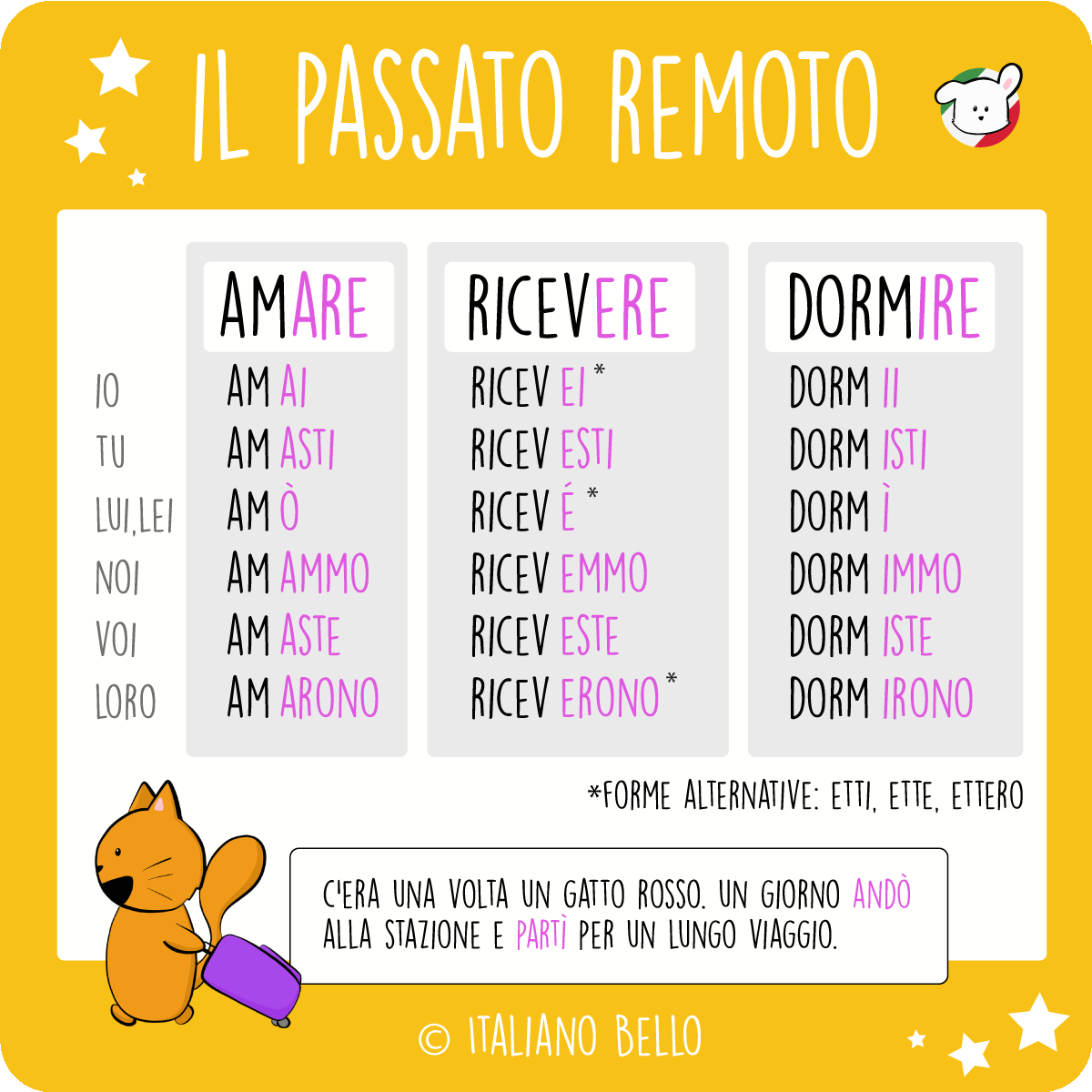
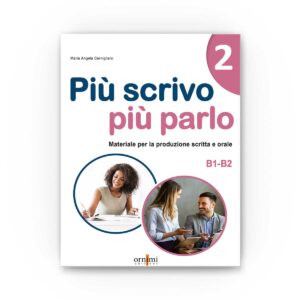
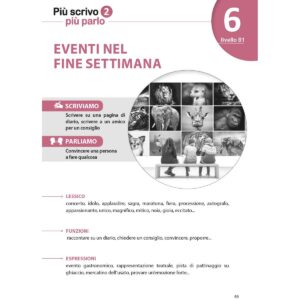
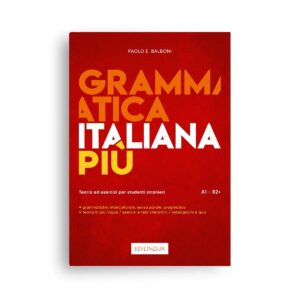

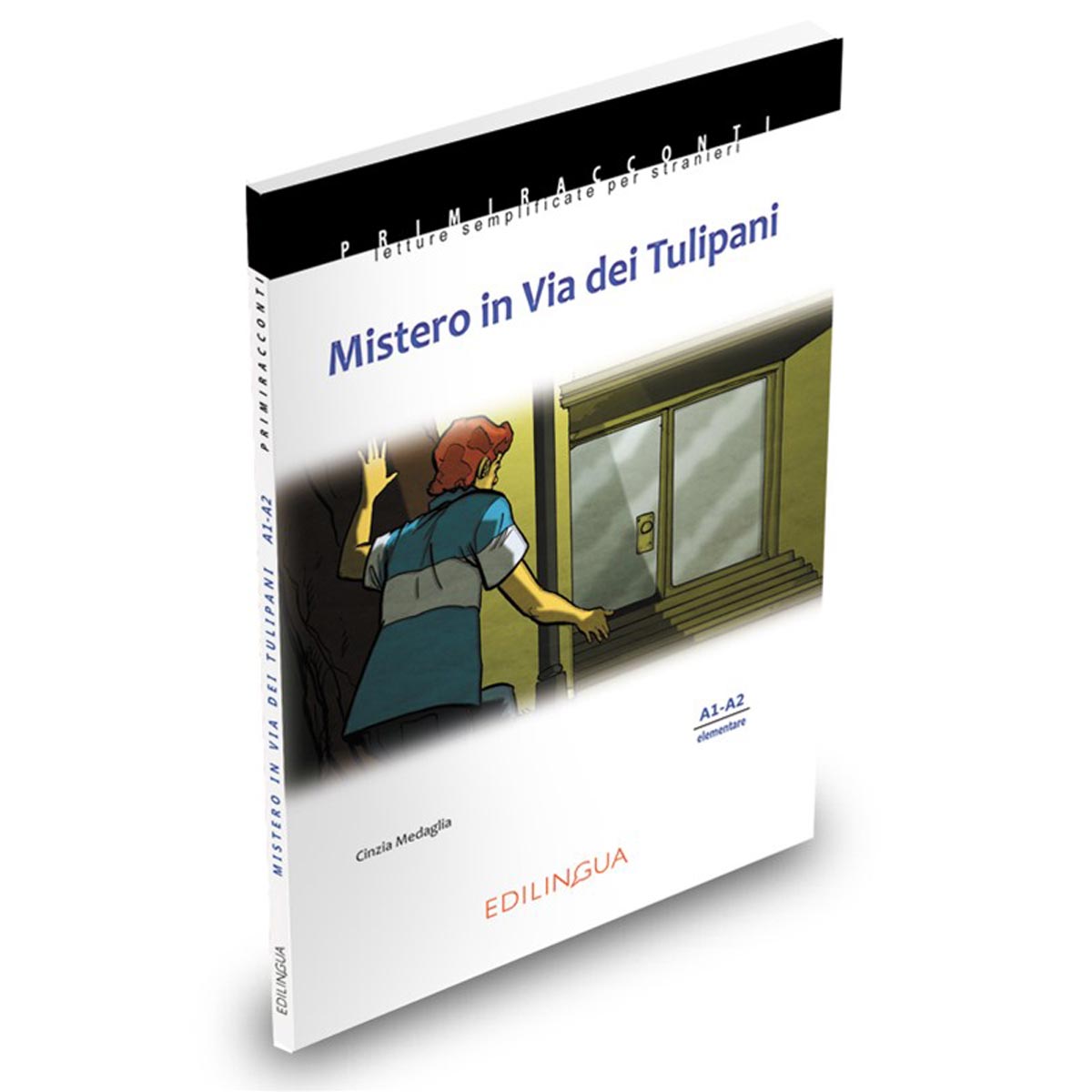
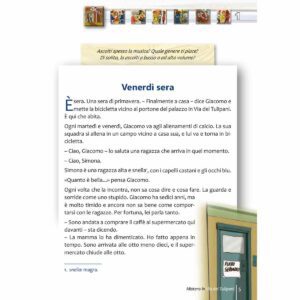
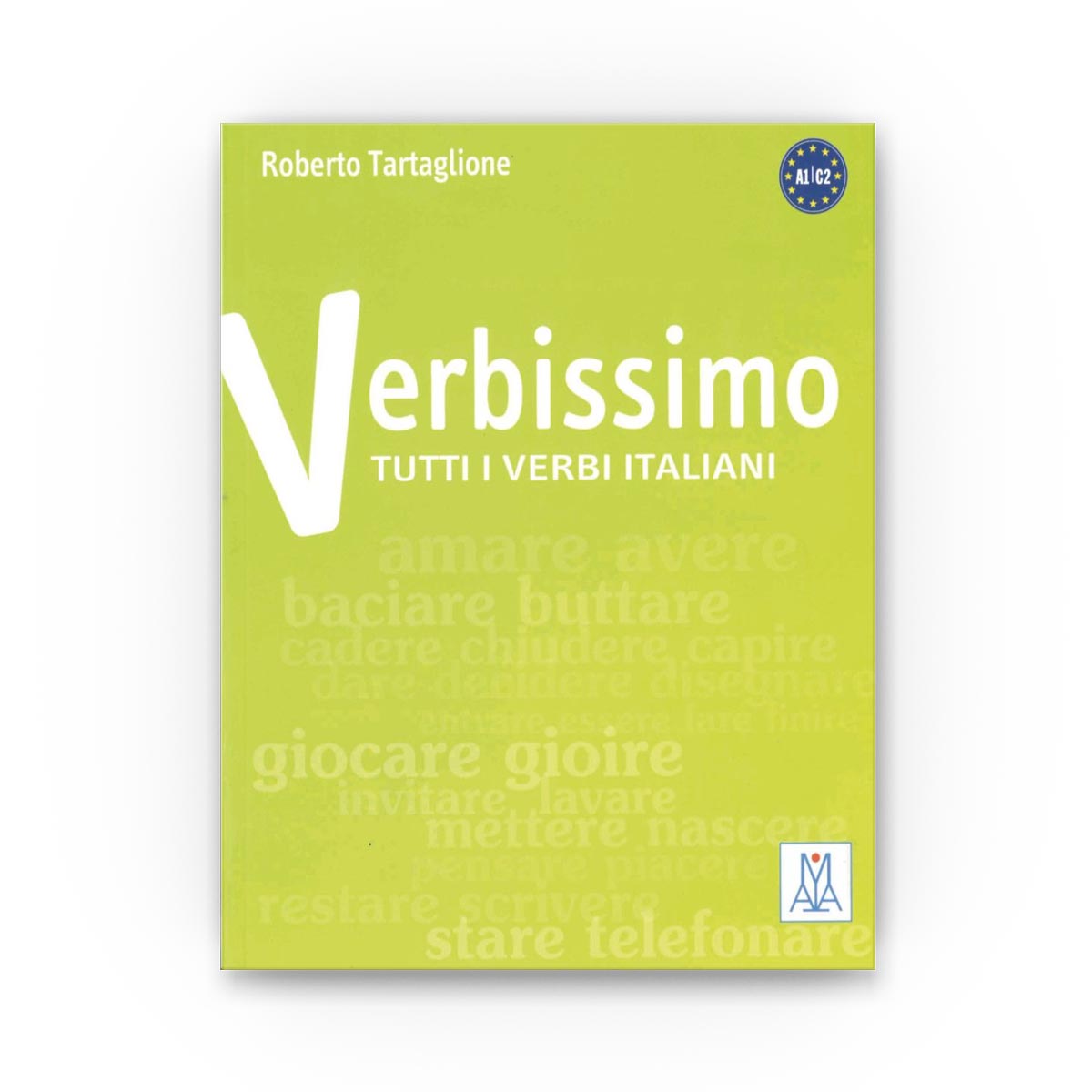
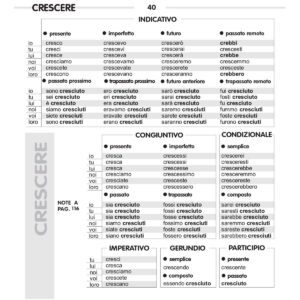


2 thoughts on “Passato remoto”
La tua descrizione del Passato Remoto lo rende facile da capire. Grazie mille.
Molto interessante e chiaro.
Grazie.
Judy da Belgio